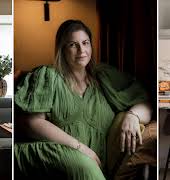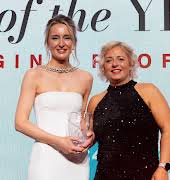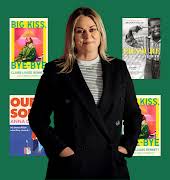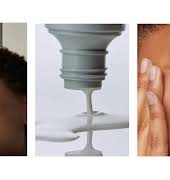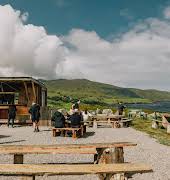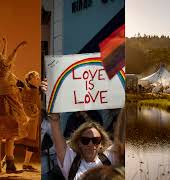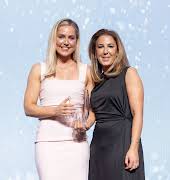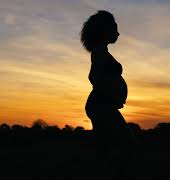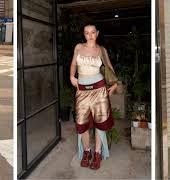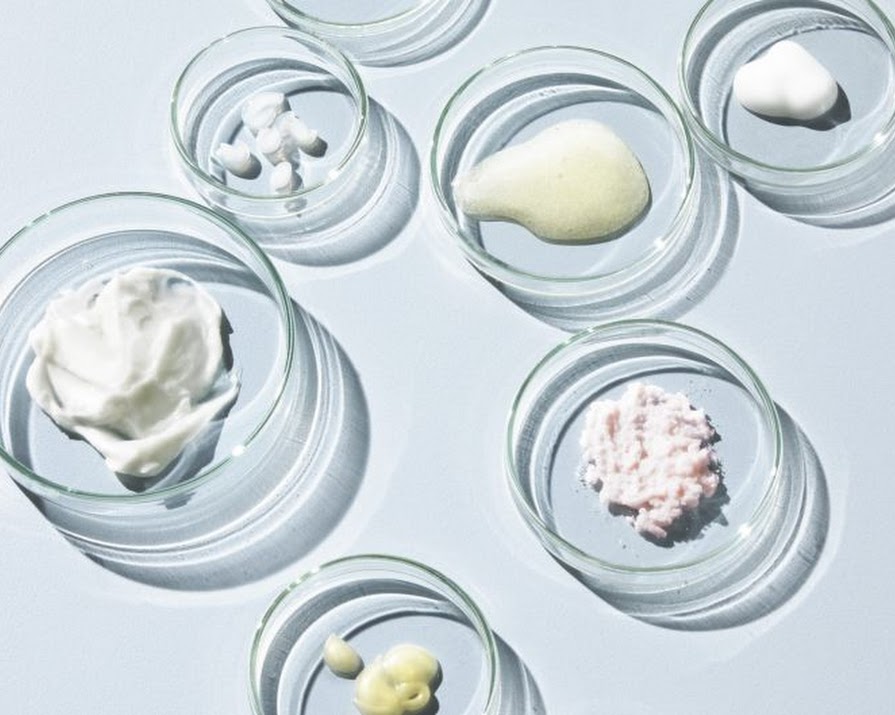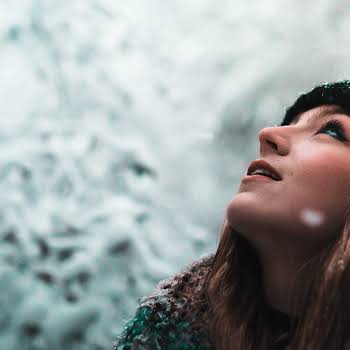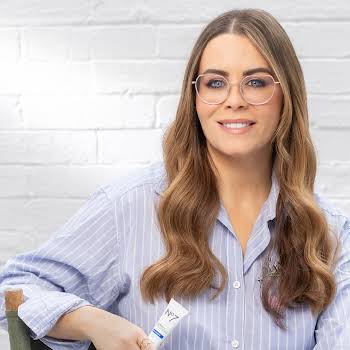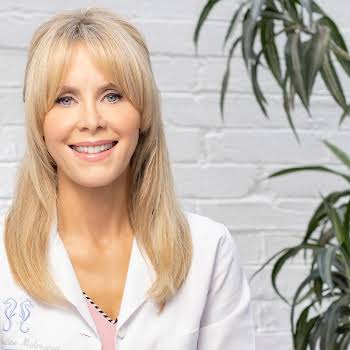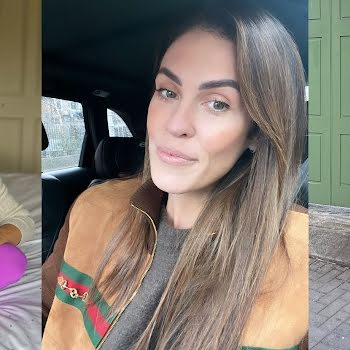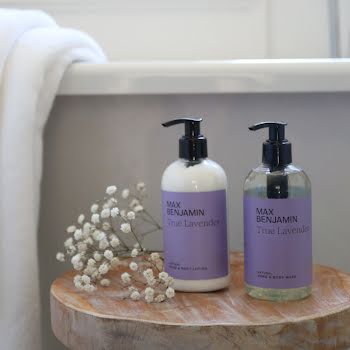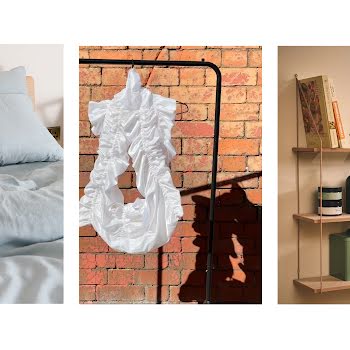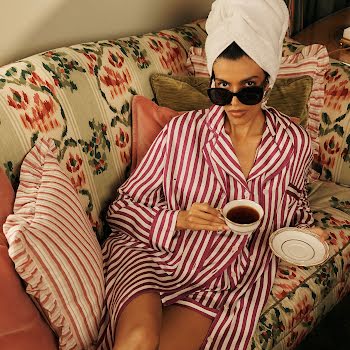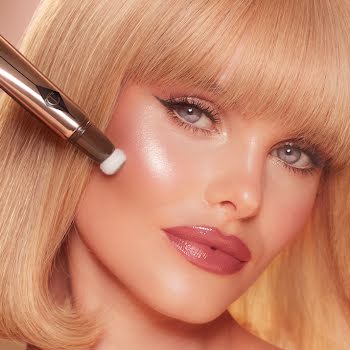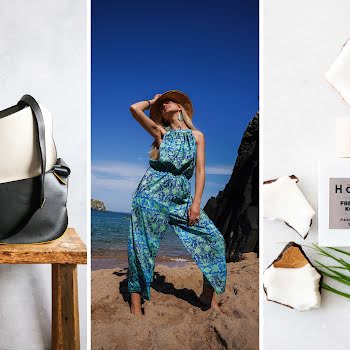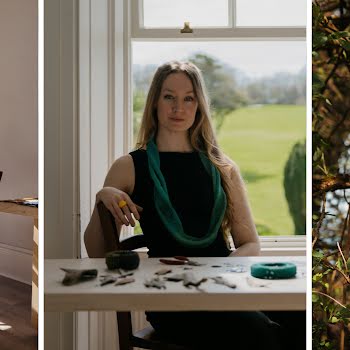
‘Clean’ is an embarrassingly ignorant marketing term’: the experts weigh in on clean beauty
As consumers buy into it in their droves, Holly O’Neill speaks to the experts to debunk some clean beauty myths.
In the last year, the list of celebrities who have released clean beauty brands reads like the red carpet at the Met Gala: Victoria Beckham, Michelle Pfeiffer, Millie Bobby Brown and Kourtney Kardashian have all recently launched “conscious” collections, and you’re probably already aware of the successful brands by Gwyneth Paltrow, Miranda Kerr and Jessica Alba.
‘Clean’ is an embarrassingly ignorant marketing term
As big beauty conglomerates gobble up the indie start-ups (in October, Shiseido acquired Drunk Elephant for $845 million, and in June, Unilever bought Tatcha for an estimated $500 million), and more and more celebrities join the ranks, clean beauty has moved from industry buzzword to key market, projected to generate nearly $22 billion globally in 2024, from $11 billion in 2016.
So what the hell does clean beauty mean? When it comes to the experts, very little. “‘Clean’ isn’t defined by any industry bodies, so there isn’t an agreed definition of what ‘clean’ is,” says Nicola Kilner, CEO of skincare behemoth Deciem.
“Clean beauty isn’t a regulated term with legislation surrounding it, so it doesn’t carry a whole lot of weight,” says Jennifer Rock, author, creator of Skingredients skincare and founder of online skincare consultation The Skin Nerd.
“‘Clean’ is an embarrassingly ignorant marketing term,” says Sam Farmer, founder of CIN (Cosmetic Information Network), cosmetic scientist and teen skincare brand founder. “There’s no set definition, but it is largely taken to mean products which are natural or organic and products lacking synthetic preservatives such as parabens,” says Dr Anjali Mahto, author and consultant dermatologist.
Clean beauty or dirty beauty
Herein lies the biggest issue with clean beauty: The ingredients that clean beauty brands do not use are deemed dirty.
There is one very enticing promise in products labelled “clean”. Obviously, I want my products to be clean, in the definitive sense of the word, because there is only one opposing meaning to the word clean. “Having clean beauty implies that there is dirty beauty,” says Mark Curry, co-founder of The Inkey List. “So no one has really defined what clean means.” “When brands claim ‘clean’ and ‘non-toxic’, it can imply that everything else is, which isn’t the case,” says Nicola Kilner. “While we don’t use any controversial ingredients, this should be a given in skincare, not the key message.”
Herein lies the biggest issue with clean beauty: The ingredients that clean beauty brands do not use are deemed dirty. Clean beauty brands tend to use the same terms and language to describe their ethos, much to the frustration of cosmetic scientists and skincare experts.
For example, many clean beauty brands claim to be chemical-free. Which of course, sounds great. The word “chemical” evokes something dangerous and scary, something poisonous that should come with a skull and bones on the label, but anyone with entry-level knowledge of science knows that is not the case.
“Everything is a chemical, from the air we breathe to the water we drink,” says Sam Farmer. “Human beings are 100 per cent chemical, as is everything else.” Or as Dr Anjali Mahto puts it, “On its most fundamental level, everything is a chemical. For chemicals in general, it is the dose that makes the poison. Many things are harmless to us in low doses, but dangerous in higher ones. For example, formaldehyde is found in low doses in apples, but this is not dangerous to our health. Even plant-based skincare has chemicals in it.”
No legal definition
There is this misconception that skin absorbs 60 per cent of what you put on it, but I can confidently say that it most certainly does not. Or we wouldn’t be able to take a bath without swelling like a sponge.
“Free from” is another fear-mongering term frequently found in beauty products that if you think about it, is entirely ludicrous. Outside of the entirely bogus (do you really care if your shampoo is gluten-free?), to quote Sam Farmer, “Talking about what is not in your product is laughable.” As Jennifer Rock says, “I’d be more concerned with what is in skincare than what is not in it.”
“Many of the labels applied to our skincare are marketing terms rather than absolute truth,” explains Dr Mahto. “For example, ‘noncomedogenic’ skincare means “will not block pores” but there remains no one standard or reliable test to detect the comedogenicity of a product, despite the widespread use of the label in skincare for those with acne or oily skin.
Also, it is a myth to think that certain products such as toners and other treatments close pores. Pores don’t have muscles around them allowing them to open or close. ‘Non-toxic’, ‘clean’, ‘natural’ and ‘safe’ are all marketing terms when it comes to skincare. They have no legal definition.”
The ingredients that clean beauty brands tend to avoid aren’t just considered by consumers to be irritating or bad for our skin, they are deemed to be harmful to our health. A prevailing account is that these ingredients are seeping into our bloodstream. “Virtually nothing from cosmetic products gets into the bloodstream, and anything that does is metabolised and excreted,” says Farmer.
“There is this misconception that skin absorbs 60 per cent of what you put on it, but I can confidently say that it most certainly does not,” says Dr Mahto. “If that was the case, we wouldn’t need injections or tablets to get medicine into our bloodstream. We wouldn’t be able to take a bath without swelling like a sponge.”
A way of life
So what ingredients should we avoid, if any? “Avoiding certain ingredients is more of an issue for those with sensitive skin rather than those with normal/combination skin types,” says Dr Mahto. “Individuals with sensitive skin should be cautious of using products that contain alcohol, fragrance, ammonium lauryl sulphate, sodium lauryl sulphate, methylisothiazolinone, essential oils, witch hazel, and menthol. It is also best to stay away from exfoliation scrubs or harsh toners.”
So who’s the market for clean beauty? As the celebrity founders of new clean beauty brands might reveal to you, health is the number one reason women make the switch to clean. Wellness and clean beauty go hand in hand – clean beauty is more than just a routine, it’s a way of life, like being vegan or into barre. Nobody is just casually into it. A clean, healthy, Instagrammable life usually includes a clean beauty routine.
According to a Harris Poll survey, 73 per cent of millennial women seek out cleaner, all-natural products and 59 per cent of women over the age of 35 say buying “green” beauty is important to them. It’s important to note that, like most beauty trends, clean beauty came to us via the United States, where cosmetics regulations are virtually non-existent.
In the US, cosmetics do not have to be approved before going to market and recalls are voluntary. In fact, there’s been minimal change at all to cosmetic regulations in the US since the FDA passed the Federal Food, Drug, and Cosmetic Act in 1938. The EU, on the other hand, is a very different story. “To even be sold in the EU, you need to have all the stability and compatibility and safety assessments. You wouldn’t be able to get on a shelf here without it,” says Curry. “We have the strictest cosmetic regulations in the world,” says Farmer. “Cosmetics and personal care products are regulated by the EU Cosmetics Regulation 2009. It ensures all products that come to the market in Europe are safe.”
Not all bad
I do not think this makes the clean beauty world all bad. The Clean Beauty Edit is an Irish website that seeks out ethical brands that use high-performance formulations and have strict sustainability rules including ingredient sourcing and manufacturing processes.
You can shop according to your preferences, from vegan to zero waste and plastic-free, and you’ll find everything from biodegradable tampons to toothpaste in glass jars and deodorants in paper tubes. The brands are gorgeous too – Evolve Beauty is steadily creeping into my bathroom cabinet and replacing old favourites more and more.
The Bia Collection by Codex Beauty is the brainchild of Silicon Valley scientist and engineer Barbara Paldus and Tipperary herbalist Tracey Ryan. Paldus, who co-founded two Silicon Valley companies by the age of 34, used to stock up on Bia Beauty’s Superfood serum in Cork International Airport every time she travelled for work to help her baby’s sensitive skin.
After visiting cosmetic manufacturers and being unhappy with their conditions, she reached out to Ryan, founder of Bia Beauty, and asked her to be managing director of Codex Beauty. The brand now has a portfolio of incredible products created using Irish ingredients like seaweed and bog myrtle, and everything comes in biodegradable, carbon-neutral packaging.
The biggest issue the authorities in skincare have with clean beauty is the fear-mongering it creates. “It spreads misinformation and fear, exploiting the consumer’s knowledge gap in cosmetic science,” says Farmer. We would all be a lot further along in our education of cosmetics, it seems, if the clean beauty industry would just come clean.
Photography by Getty. This article originally appeared in IMAGE Magazine.

